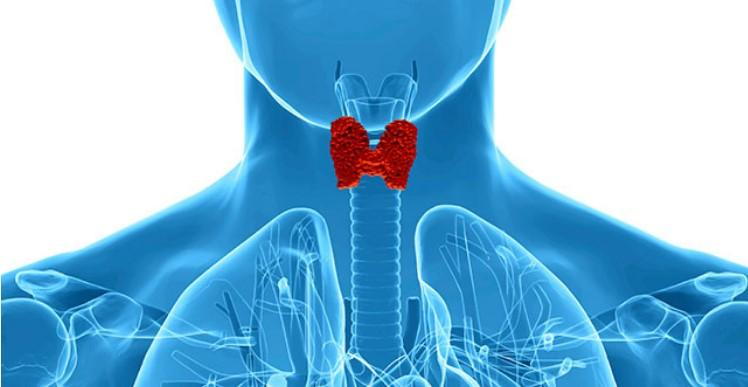
Article by World Health
Up to 12% of the population may be struggling with managing hypothyroidism conditions, it can be tricky, and what you eat can interfere with treatment as some nutrients can strongly influence the function of the thyroid gland, and certain foods can inhibit the ability to absorb replacement hormones taken as part of treatment.
Soy should be limited/avoided if you are trying to manage hypothyroidism as it is loaded with plant based phytoestrogen which is believed to increase risk for this condition. Although too much soy has not been definitively linked with hypothyroidism, and there are no specific dietary guideline those with this condition would do well to moderate their intake of soy.
Cruciferous vegetables such as broccoli, cauliflower, Brussels sprouts and cabbage can interfere with production of thyroid hormone, especially in those with iodine deficiency. Digesting raw cruciferous veggies can block the thyroid’s ability to absorb iodine, meaning it may be best to limit intake of these veggies like kale, turnips, cauliflower, and bok choy. However, cooking these vegetables can reduce the effect that they have on the thyroid gland, and limiting intake to 5 ounce per day appears to have no adverse effects on thyroid function.
Those with hypothyroidism may also want to consider restricting intake of gluten, as it can irritate the small intestine and may also hamper the absorption of thyroid hormone replacement medication; gluten is a protein found in foods containing processed forms of rye, barely, wheat, and other grains.
Fatty foods have been found to disrupt the body’s ability to absorb thyroid replacement medication, and they may also interfere with the thyroid’s ability to produce the hormone. Most healthcare professionals recommend that those with this condition eliminate all fried foods and reduce intake of fats from sources such as mayonnaise, margarine, and fatty cuts of meat. Healthy fats from sources such as avocados, almond butter, unrefined coconut oil, extra virgin olive oil, chia seeds, almonds, and fish on the other hand are good for you.
It is very easy to gain weight if one is not careful as hypothyroidism causes the metabolism to slow down. It is recommended to avoid foods with excess amounts of sugar because they contain a lot of empty calories with no nutrients, and to reduce/eliminate the amount of sugar that is included in the diet.
Those with hypothyroidism should also avoid processed foods which tend to contain a lot of sodium which will further increase an already elevated risk for high blood pressure. It is suggested to always try to look for low sodium options, and it is best to restrict sodium intake to 1,500 milligrams a day, according to the CDC.
Caffeine has also been shown to block absorption of thyroid hormone replacement; only take it with water and wait at least 30 minutes after taking before drinking coffee. Alcohol is a no-no to those with this condition and should be avoided as it can cause havoc on thyroid hormone levels and the ability to produce the thyroid hormone; alcohol appears to have a toxic effect on the thyroid gland and suppresses its ability to produce the thyroid hormone.
Although getting enough fiber is good for you, too much can complicate treatment. Current guidelines recommend older adults consume 20-35 grams of fiber a day. Dietary fiber can be consumed in fruits, vegetables, beans, legumes, and whole grains. Ingesting amounts of fiber going above this level can affect the digestive system and may interfere with absorption of hormone replacement therapy. If you follow a high fiber diet, speak with your doctor to check if you need a higher dose of medication, it may need to be increased if you are not absorbing enough.
Article Provided by:
Dr Joseph Gitto
Advanced Chiropractic & Nutrition
331 Tilton Road, Northfield, NJ 08225
609-484-9300
www.drgitto.com
www.facebook.com/GittoAdvancedChiropractic
